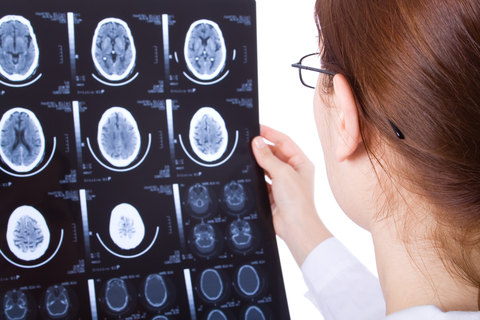Swansea University study looking at delaying the onset of dementia

Dr Claire Hanley, a psychologist from Swansea University’s College of Human and Health Sciences is recruiting for a study using transcranial direct current stimulation, a technology which could ultimately delay the onset of dementia (Swansea University, 2017). Dementia costs £1.4bn per year in Wales.
Dr Hanley specialises in cognitive neuroscience, specifically what happens to the brain as people age.
She said “Research suggests that delaying the onset of Alzheimer’s dementia by five years could delay deaths attributable to the disease by 30,000 per year. The study we’re conducting aims to determine whether we can begin to stem cognitive decline using brain stimulation – that’s what I’m trying to achieve.”
“The method we’re using is called transcranial direct current stimulation (tDCS). This is not a new technique. tDCS actually has ancient origins – it can be traced back to around 40 AD when electric fish were used to alleviate headaches. It is now being trialled as a potential treatment option for those with neurological and psychiatric conditions – to improve rehabilitation in stroke patients and to alleviate the symptoms of major depression – but we have only recently discovered its significance in improving brain function as we age.”
She is currently recruiting fifty five to seventy five year olds for a study using tDCS, which has been shown to have a positive impact on the brain when older people are completing tasks like finding relevant pieces of information on a computer screen.
She said “When we are young we are highly efficient at filtering out irrelevant information and only focus on what is important; as we age, we’re more inclined to take in every little detail and become distracted. We’re focusing on people who maybe feel their attention skills aren’t quite what they were or maybe their memory isn’t as good. The tests we’re using have relevant and irrelevant features within them – we want to see how well participants can respond to what is relevant and ignore the distracting information.”
Unlike ECT, tDCS is non-invasive. Participants feel only a slight itching sensation as a very weak electrical current is passed through the brain. Since its reinvention by a research group in Germany in 2000, tDCS has been shown to be of neurological and psychological benefit but further studies are needed to determine precisely how it works.
Dr Hanley said “We think the technique acts by strengthening connections in the brain. In essence, it provides a boost in communication between regions resulting in a more ‘youthful’ brain. Though the effects are shown to be transient, by conducting follow-up testing sessions, we can see if any effect has been sustained. If the study is successful, it could pave the way for wide-spread benefits. We could see an improvement in the general cognitive ability of the ageing population. There is also scope for the elevation of mood, not to mention progressing towards our overall goal of delaying the onset of cognitive impairment. This would be of extreme socioeconomic significance as it could alleviate the pressure on health and social care resources associated with dementia.”








